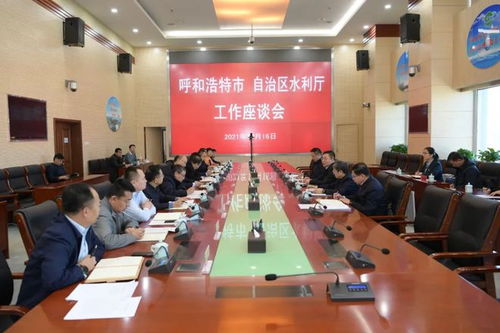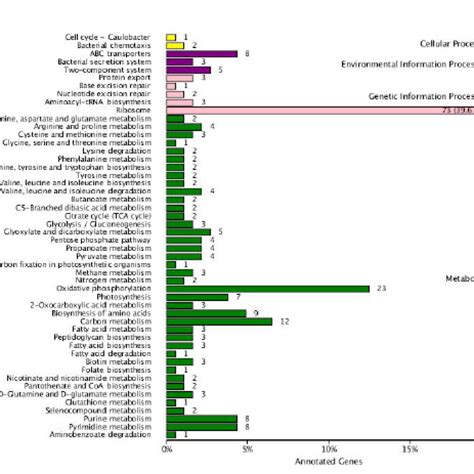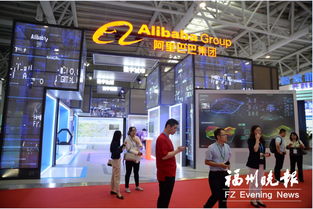自治区科技厅厅长
Title: Understanding the Role of Science and Technology Departments in Autonomous Regions
Autonomous regions, with their unique governance structures, often have specialized departments dedicated to overseeing scientific and technological development. Among these, the Science and Technology Department plays a pivotal role in steering the region towards innovation, economic growth, and sustainable development.
Mandate and Objectives
The primary mandate of the Science and Technology Department in an autonomous region revolves around:
- Promoting scientific research and innovation across various sectors.
- Formulating policies to support technological advancements.
- Facilitating collaboration between academia, industry, and government.
- Providing funding and resources for research and development initiatives.
- Evaluating the impact of technology on society and the environment.
Key Functions
The department typically carries out several key functions to fulfill its mandate:
- Research and Development: Allocating funds for research projects, supporting scientific institutions, and fostering a culture of innovation.
- Policy Formulation: Drafting policies that incentivize technological adoption, address regulatory challenges, and promote entrepreneurship in emerging fields.
- Technology Transfer: Facilitating the transfer of technology from research institutions to industries, thereby enhancing competitiveness and driving economic growth.
- Capacity Building: Investing in education and training programs to cultivate a skilled workforce capable of driving technological progress.
- International Collaboration: Establishing partnerships with global institutions to leverage expertise, share best practices, and access cuttingedge technologies.
- Evaluation and Monitoring: Assessing the effectiveness of implemented policies, measuring the impact of technological interventions, and ensuring compliance with ethical standards.
Challenges and Opportunities
Despite its crucial role, the Science and Technology Department faces various challenges:
- Allocating adequate funding amidst competing priorities.
- Addressing the digital divide and ensuring equitable access to technology.
- Navigating ethical dilemmas associated with emerging technologies like AI and biotechnology.
- Encouraging private sector participation in research and development efforts.
- Adapting to rapid technological advancements and global market trends.
However, these challenges also present opportunities for innovation and growth:
- Investing in emerging fields such as renewable energy, biotechnology, and artificial intelligence.
- Promoting a culture of entrepreneurship and startup incubation.
- Harnessing indigenous knowledge and resources for sustainable development.
- Strengthening collaborations with academia and industry to drive applied research.
- Utilizing digital platforms for datadriven decisionmaking and citizen engagement.
Guiding Principles
To effectively navigate the complexities of technological advancement, the Science and Technology Department should adhere to the following guiding principles:
- Inclusivity: Ensuring that technological benefits reach all segments of society, particularly marginalized communities.
- Ethical Responsibility: Upholding ethical standards in research, development, and deployment of technology to safeguard human rights and environmental sustainability.
- Adaptability: Remaining agile and adaptable in response to evolving technological landscapes and socioeconomic dynamics.
- Collaboration: Fostering partnerships across sectors and disciplines to leverage collective expertise and resources.
- Longterm Vision: Formulating strategies with a longterm perspective to ensure sustained technological progress and socioeconomic development.

Conclusion
In conclusion, the Science and Technology Department in autonomous regions plays a vital role in driving innovation, fostering economic growth, and addressing societal challenges. By embracing emerging technologies, promoting collaboration, and adhering to ethical principles, these departments can chart a path towards a technologically advanced and inclusive future.











